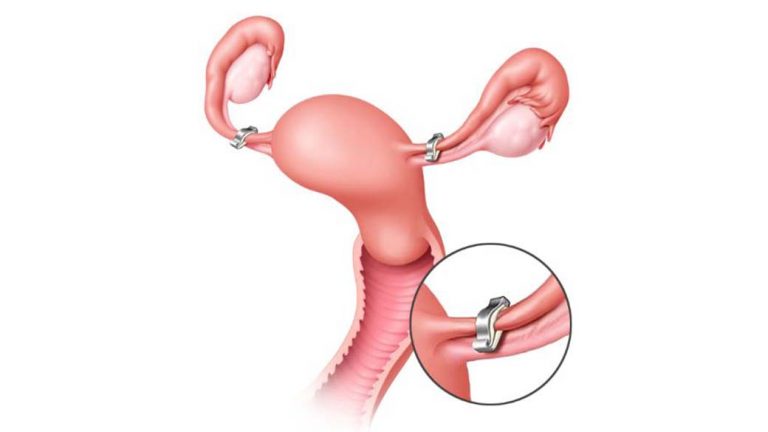From birth control pills and patches, to condoms and intrauterine devices (IUD) — have you ever been at a crossroad, debating about which contraceptive to use? If you decided to take “the pill”, then have you ever wondered which one is most suitable for you out of so many brands available?
With a myriad of contraceptive methods available in Singapore, we will be sharing more about some of the more commonly used ones. In this article, we share more about Yaz®:
- How it works;
- How to take it;
- What to do if you missed a dose;
- Potential side effects; and
- Where to buy Yaz® in Singapore.
What Is Yaz®?
Yaz® is a brand-name combination birth control pill containing 2 hormones:
- Progestogen (3mg drospirenone); and
- Estrogen (0.02mg ethinylestradiol).
Drospera® is a generic version of the brand-name drug Yaz®.
On top of preventing unwanted pregnancies, Yaz® is also FDA-approved to:
- Treat moderate acne in women who are at least 14 years old and have started having menstrual periods, and who wish to start on birth control pills; and
- Manage symptoms of premenstrual dysphoric disorder (PMDD).
Some women also take Yaz® for other non-contraceptive purposes such as to:
- Regulate or lighten menstruation
- Prevent anaemia by making periods lighter or shorter
- Lessen menstrual cramps (dysmenorrhea)
- Manage symptoms of premenstrual syndrome (PMS)
- Treat symptoms of polycystic ovary syndrome (PCOS)
- Treat endometriosis or uterine fibroids
- Lower the risk of ovarian cancer, uterine cancer and colon cancer
- Stop unwanted hair growth
- Reduce migraines
- Control hot flashes during the transition into menopause
How Does Yaz® Work?
Yaz® prevents pregnancy by:
- Inhibiting ovulation, which is the release of an egg from the ovary;
- Thickening of the cervical mucus (the fluid in your vaginal tract) which serves as an impedance for the sperm making its way to the egg for fertilisation; and
- Thinning of the uterine lining, which prevents the fertilised egg from attaching to the uterus, and it would be passed out of the body instead, preventing pregnancy.
How Effective Is Yaz®?
A report by the Centers for Disease Control and Prevention shows that Yaz® is more than 99% effective in preventing pregnancy when used perfectly. However, missed pills and improper storage may occur day-to-day. Hence, in typical use, Yaz® is around 91% effective.
This shows that birth control pills are more effective than male condoms in preventing pregnancy, with male condoms being 98% effective when used perfectly, and 82% effective in typical use. However, birth control pills do not protect against sexually transmitted infections (STIs), which male condoms do.
Therefore, always use dual protection of condoms and non-barrier contraceptives such as birth control pills during any sexual activity.
How To Take Yaz® Birth Control Pills?
Yaz® contains a total of 28 tablets: 24 pink (active) tablets and 4 white (inactive, hormone-free) tablets. You should take one tablet daily for 28 days in a row, preferably at the same time every day after food, in the correct sequence as indicated on the packaging.
The next pack of Yaz® is immediately started after the last tablet of the previous pack. Withdrawal bleeding (menses) usually starts during the week when you are taking the white tablets.
What To Do If I Missed My Yaz® 30 Birth Control Pill?
It is considered a missed dose, if:
- you missed a dose for more than 24 hours after your usual time when a tablet is supposed to be taken; or
- vomiting or diarrhoea occurs within 3 to 4 hours following pill taking.
Missed white film-coated tablets can be disregarded. However, you must follow the steps below if you miss any 24 pink (hormone-containing) tablets to ensure that the contraceptive effect is not reduced.
If you are late (less than 24 hours) or missed (24 to 48 hours) an active pill:
You’re still protected against pregnancy if you missed 1 pill anywhere in the pack or started a new pack 1 day (24 hours) late.
Follow these steps:
- Take the late or missed pill immediately.
- Continue taking the remaining pills at the usual time (even if it means taking two pills on the same day).
- Take the 4 inactive pills.
- Emergency contraception is not usually needed but can be considered if hormonal pills were missed earlier in the cycle or in the last week of the previous cycle.
- No additional contraceptive protection (e.g. condoms) is needed.
If you missed two or more active pills (48 hours or more):
When this happens, it greatly increases your chances of ovulation. In this case, when you missed 2 or more active pills anywhere in the pack or started a new pack only after 2 days (48 hours) or more, you may not be protected against pregnancy.
What you should do:
- Take the last pill that you missed immediately even if it means taking 2 pills a day.
- Discard any earlier missed pills.
- If the missed pill is within:
- Week 1 (pills 1 to 7) or Week 2 (pills 8 to 14) of the pack:
- Continue to take the active pills in your current pack daily
- Take the 4 inactive pills
- Begin a new pack the next day
- Week 3 of the pack (pills 15 to 24):
- Continue to take the active pills in your current pack daily
- When you have finished taking all the active pills, discard the 4 inactive pills
- Begin a new pack the next day
- Week 1 (pills 1 to 7) or Week 2 (pills 8 to 14) of the pack:
- Consider taking emergency contraception if you missed 2 or more pills during the first week of a pack and/or had unprotected sex in the last 7 days.
- Use extra contraception (i.e. condoms) or abstain from sex for the next 7 days.
What Are The Potential Side Effects Of Yaz®?
With all medications, you may experience some side effects when you first start taking Yaz® such as:
- Nausea. Take Yaz® after food to reduce these side effects.
- Headache. Can be managed by taking over-the-counter painkillers such as Paracetamol.
- Spotting between your periods during the first few months of taking oral contraceptives.
- Breast tenderness
- Weight changes due to fluid retention, mood swings. Take Yaz® at the same time every day to avoid huge changes in the hormone levels in your body.
These symptoms may vary among individuals. As your body gets accustomed to the changes in hormone levels, these symptoms may subside within 2-3 months. However, do consult your doctor if you experience any symptoms for longer than expected or if they are bothering you.
If you missed 2 menstrual periods in a row (or 1 menstrual period if the pill has been incorrectly used), contact your doctor for a pregnancy test.
Where To Buy Yaz® In Singapore?
Birth control pills cannot be obtained over-the-counter in Singapore — you’ll need to get a prescription from a general practitioner or gynaecologist if you wish to get your hands on birth control pills like Yaz®.
Conventionally, that will mean taking time off work to travel to a physical clinic. With a MOH-approved digital women health clinic like Siena, you can get an online prescription for your birth control needs without leaving home!
Simply complete an online medical questionnaire and our doctor will video call you at a time of your convenience for a tele-consult. If prescribed, your medication will be delivered to you in discreet packaging at no additional charge.
References
- Centers for Disease Control and Prevention. (2014, April). Appendix D: Contraceptive Effectiveness. https://www.cdc.gov/mmwr/preview/mmwrhtml/rr6304a5.htm
- Drugs.com. (2021, June). Yaz: Side Effects, Dosage & Uses. https://www.drugs.com/yaz.html
- Pharmaceutical Society of Singapore. (2021, January). Combined Hormonal Contraceptives (28-day regimen). HealthHub. https://www.healthhub.sg/a-z/medications/444/Combined-Hormonal-Contraceptives-28-day-regimen
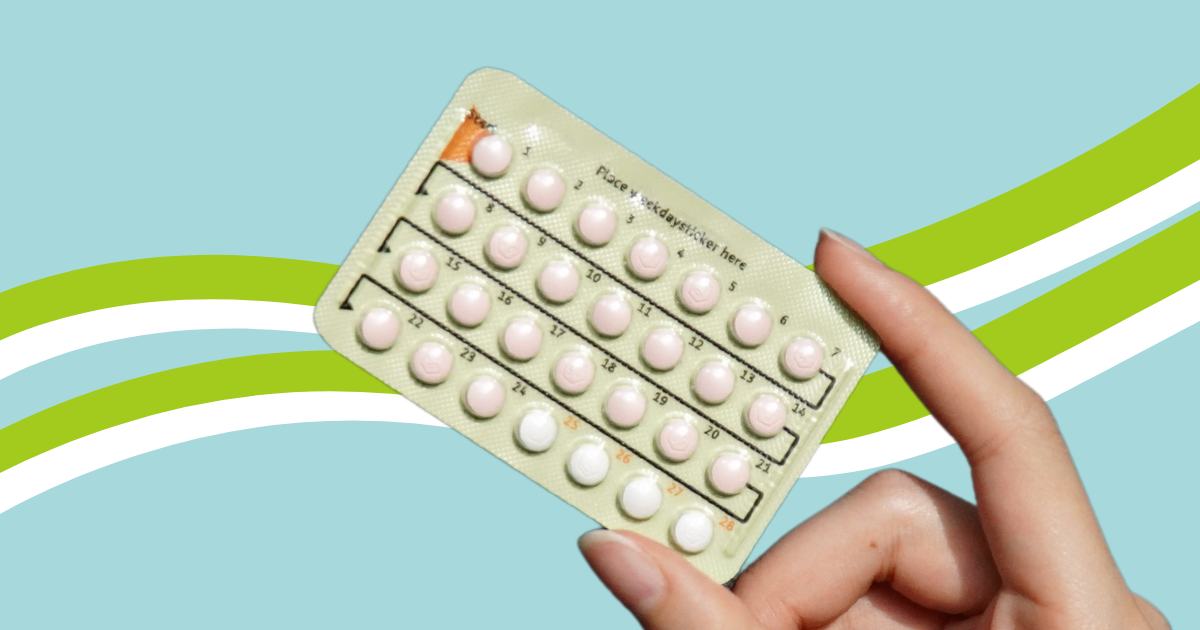
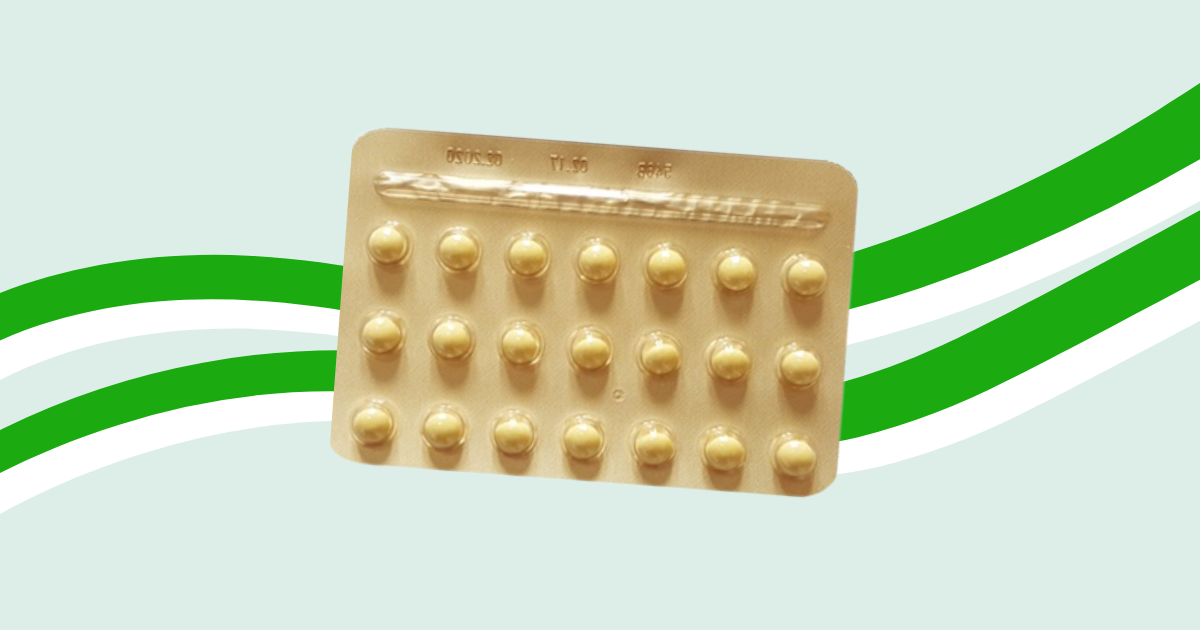

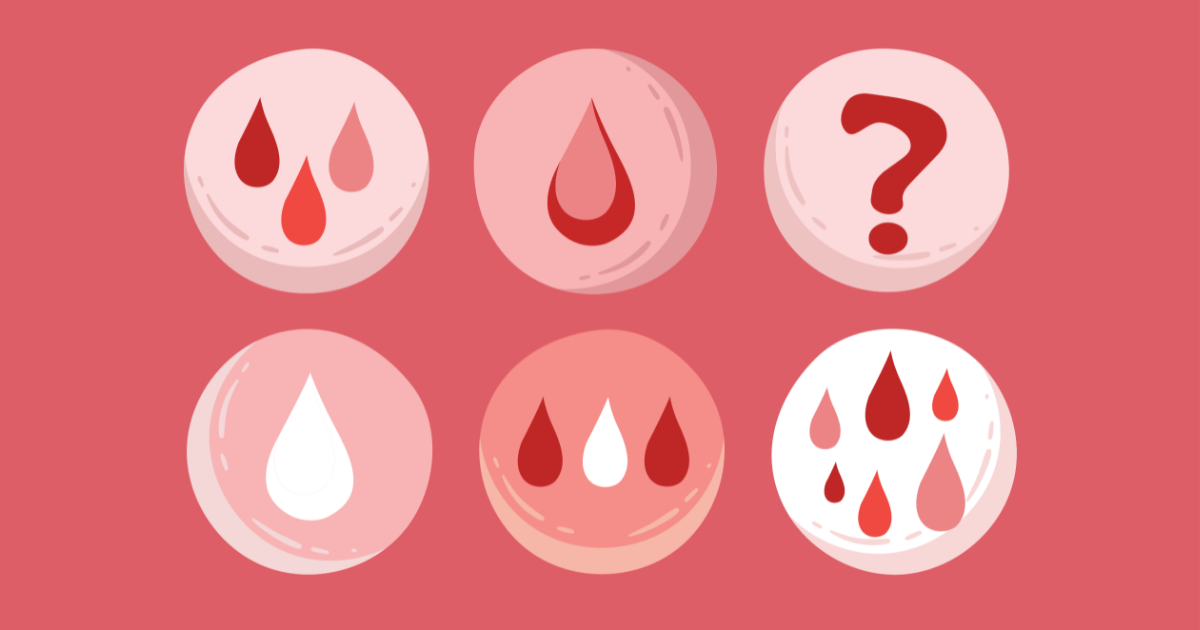
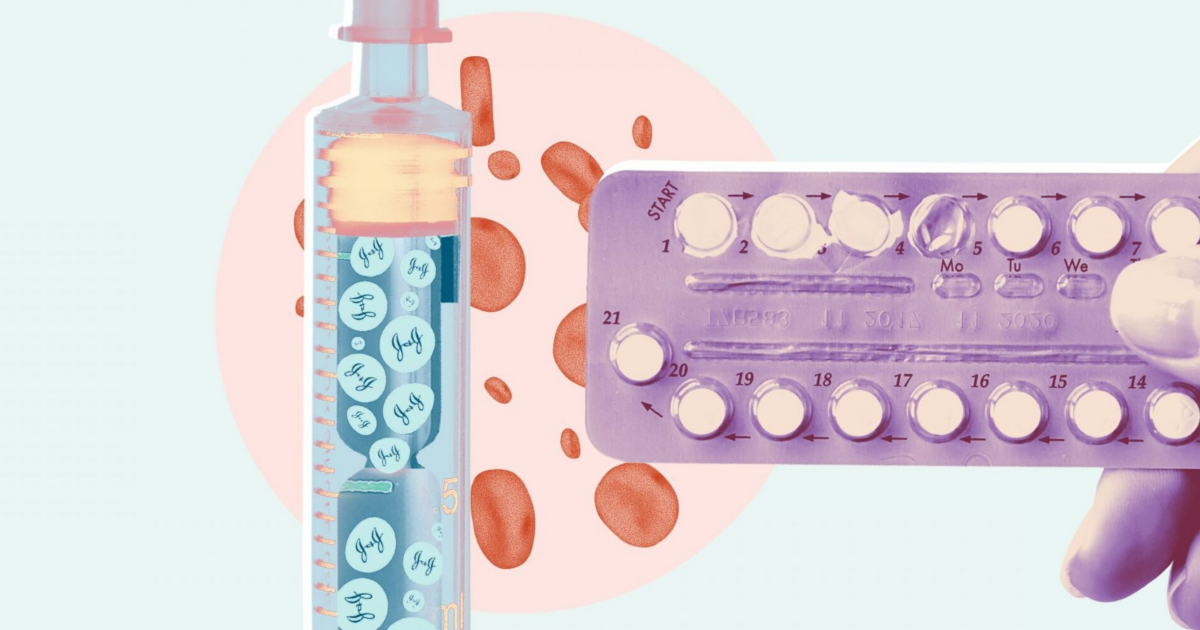
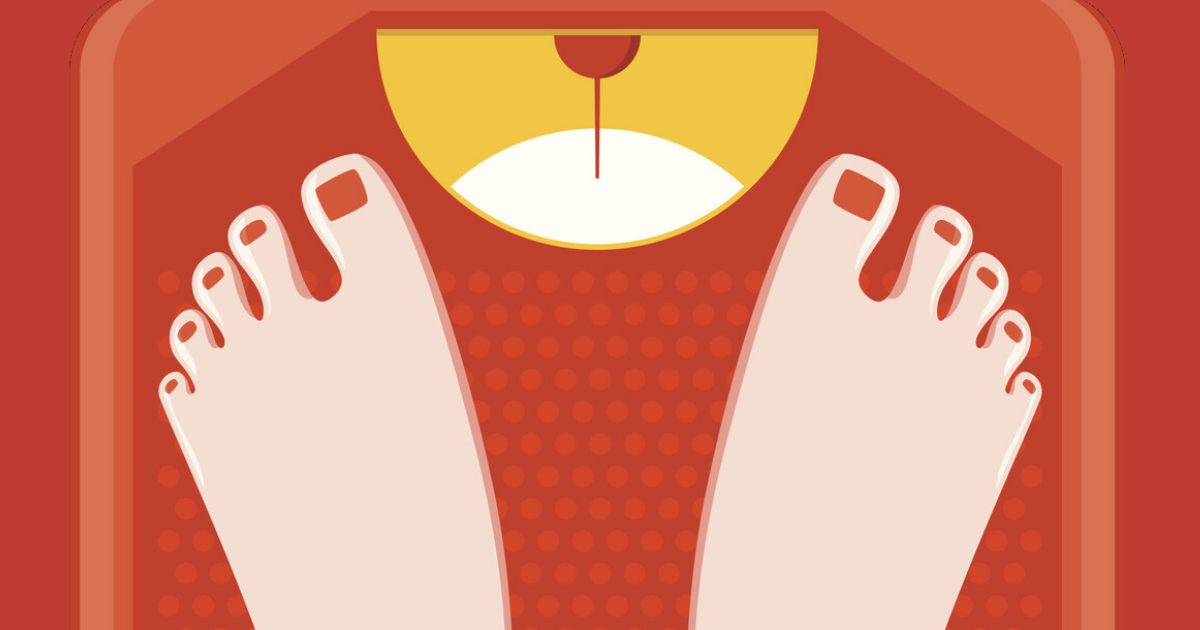



:max_bytes(150000):strip_icc()/GettyImages-1081205870-52fb358b5ca148abb8d35d48b1f7ffb7.jpg)

